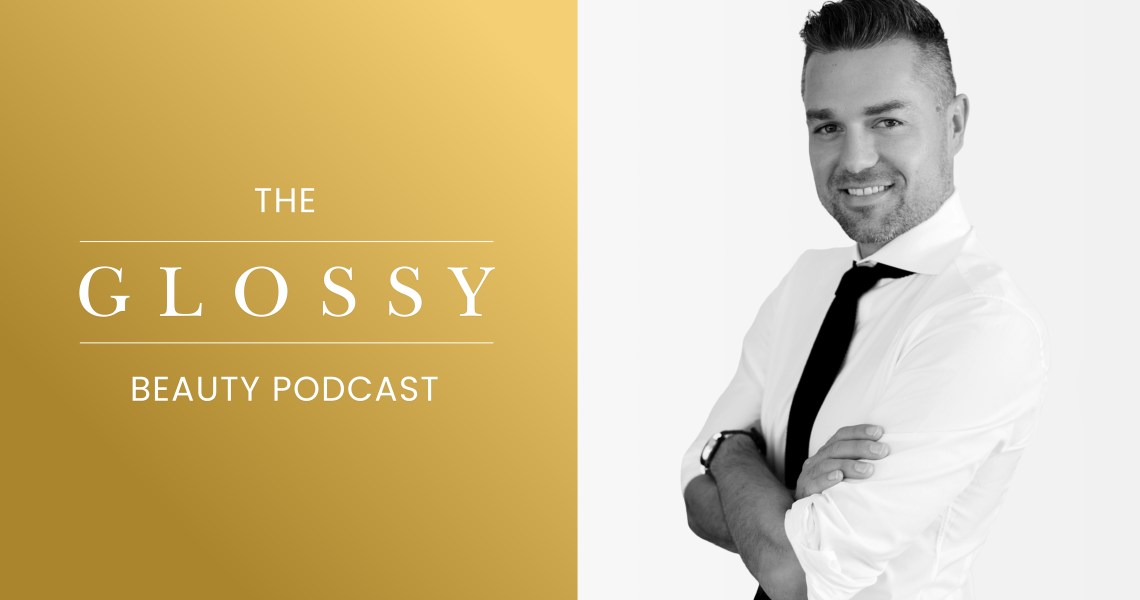Subscribe: iTunes | Stitcher | Google Play |Spotify
The world of beauty is rapidly evolving due to the impact of popular indie brands, and the hair-care category is no exception.
New, niche hair-care brands are finding success by sticking with one focus, whether it’s a hair texture, color and or style. The secret, according to DevaCurl CEO Robert Schaeffler, is being small and nimble, which allows the brand to adapt to its customers in a way the larger players simply can’t.
“I think what’s happening in hair is something that’s happening across many industries: The small brands are really winning,” said Schaeffler. “The indie brands are doing a great job of being in touch with what the end consumer really wants, and they’re doing a better job than the big guys”
On this week’s episode of The Glossy Beauty Podcast, beauty editor Priya Rao sits down with Schaeffler to discuss the perks of being a niche brand, the benefits of experiential events, and the differences between influencers and brand ambassadors. Edited highlights below.
Scaling past curly hair
“The one thing that I don’t believe in, and I’ve tried this before at big corporations, is trying to launch sub-lines in curl. It felt like, ‘This brand could have a curly line, and this brand could also have a curly line.’ It’s a really attractive and big market, but the curly girl can tell if someone is really focused on her and actually making products just for her that really work. In the world we’re living in now, I don’t think you necessarily need to branch out to scale to the $200 million or $300 million level everyone wants to be at. With the retail partners we have, like Sephora and Ulta, and with channels like Amazon and your own DTC platform, you can get to those numbers now without trying to launch 17 different sub-lines.”
Experiences make social media more tangible
“Events are so important. The one thing with social is that it only works if you have real content and real moments of experience. Events are where a brand becomes approachable, and where you can experience it more than just through pictures. Essence Festival is a big moment for us — 800,000 women descending on New Orleans — and it’s considered the Super Bowl of everything that is African American. So we have this opportunity here to really address the super curly girl. As a brand, we have been growing from just the core audience around curly to include everything from wavy to curly to super curly, and [for a while] we weren’t quite ready to really be present and make that investment in something like Essence Festival. You have to remember that that’s where Coca-Cola, McDonald’s — the big guys — are playing. We’ve been one of the most requested brands to be a part of Essence Festival, and it just feels right now. We’re at the moment where we’ve established the right product line, and the right brand awareness to be at something like Essence.”
Brand ambassadors vs. influencers
“My take on influencers is that they just have to be authentic and loyal to your brand. Even the word ‘influencer’ is not my favorite term in the world. It’s really got to be a brand ambassador. If someone really feels strongly about your product and, yes, you have a relationship with them and, yes, that benefits both sides, that’s great. But there needs to be authentic, true trust between yourself, the product and the influencer. When I think about that, it really means being selective and figuring out who has a natural connection to you and your brand before going into a database and saying, ‘This person has X followers, let’s pay her X.’ I think the big guys understand that influencers are important, but we have organically grown a network of 50,000 people that are at both micro and macro influential levels, and that takes time, and it’s personal. You can’t just pay an agency and say, ‘All right, I want five influencers that get me the same results.’ This is where I think the indie brands do better than the big brands.”




